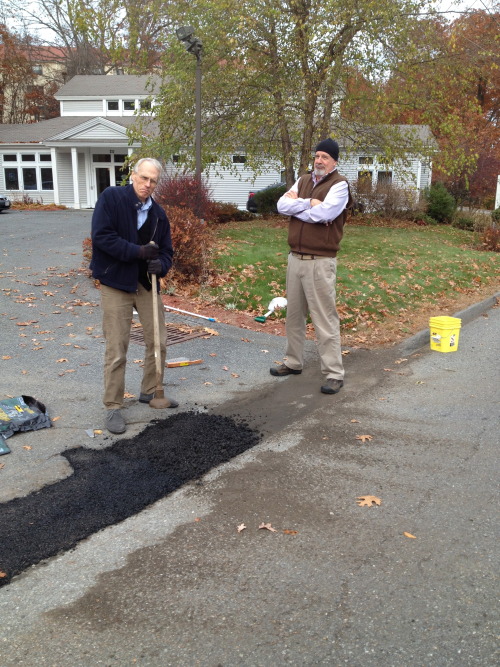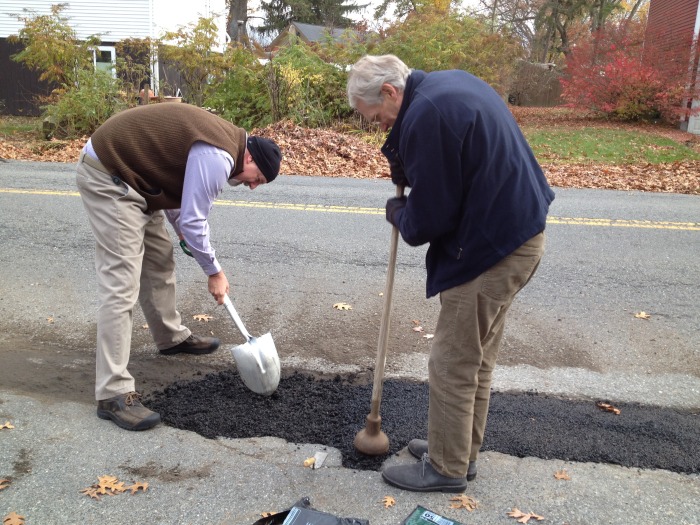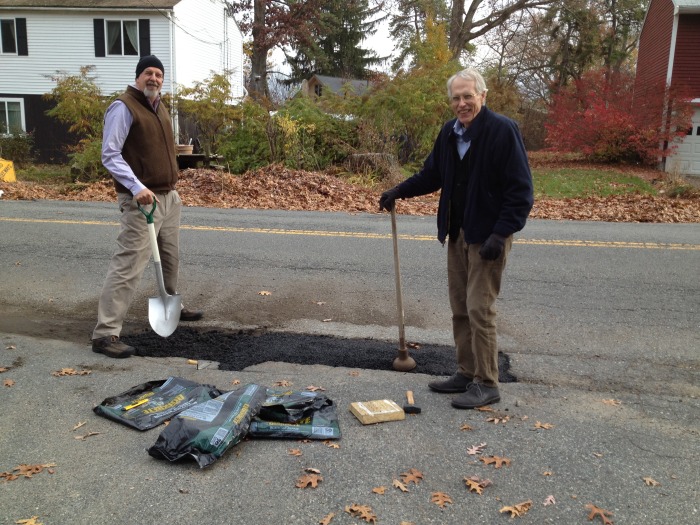by Peter Steinke
At a workshop I was leading, a woman stood up and said, “If 1950 were to return, my congregation would be ready.” Succinctly, she summarized a nagging problem for many churches. The context in which congregations now find themselves is quite different from 1950. “How we do church,” though, has been quite persistent: Become a member of the local congregation, contribute money and effort, participate in communal events, volunteer time and goods, and worship regularly or at least several times a year. This pattern of “church” continued for decades in North America, but then things changed quickly.
There once was a world where the church functioned according to what some have called the “attractional” model (others have named it the participatory model). People come to a place, consume the spiritual goods, and serve as patrons to “meet the budget.” But a shift has happened. North American culture has taken new turns.
Christendom refers to a period of time when the Christian faith profoundly informed the culture. And, in turn, the culture carried the traditions, symbols, and rituals of the Christian faith. Another often-used term—post-Christian era—captures the reality that the importance and influence of Christianity in North American society has been in decline for at least three decades. In a “post-Christian” world, the church cannot expect favorable treatment or higher visibility.
One could say that a gathering storm—a confluence of factors—has assailed the church and its dominant perch on the societal ladder. None of this has to do with the church's internal functioning. The sea change is external or contextual. There once was a world that was eager to be hospitable to Christian churches and supported “blue laws,” soccerless Sundays, eating fish rather than meat on Friday, public prayer in schools and at nodal events, deferring to clergy by way of discounts, weekly religion sections in urban newspapers, and greeting others with “Merry Christmas.” Now, suddenly, with steep changes happening in our society, congregations have to ask themselves whether they are responding to a world that no longer exists.
The loss of members, influence, and a sense of mission—the church's misfortune of the moment—resembles the experience of Israel's exile. The lesson of the present dislocation is clear, if still not learned. The era of Christendom is gone. No longer is culture subsidizing and supporting churches.
Today's rapidly changing world is pressing the church to respond to a shift of paradigms—but not for the first time. In previous shifts, the church has both responded slowly and responded imaginatively. More than once, much of what people have thought and done has had to be reworked.
Each shift carried both danger and opportunity. In today's context, the church is challenged by the astonishing pace of change in the world. We are in some ways ill prepared to act rapidly, since the church is as an entity made up of people who are creatures of nature, subject to seasons, rhythms, and stages. We cannot be mechanically geared for shifting quickly.
Regardless of the nature of change, the church affirms that the God of Abraham, Isaac, and Jacob is the God who has been active in history and who will be active in the future. Faced with a strange new world, the church is challenged to be true to its purpose and attuned to its context. I believe the paradigm shift of rapid change constitutes a rich opportunity for the church. God has set the door open to the future. But the new day is as perplexing as it is promising. As Old Testament scholar Walter Brueggemann explains, “It is abundantly and unmistakably clear that we are in a deep dislocation in our society that touches every aspect of our lives.” We are living in a new context where old certainties are disappearing, old institutions are less dependable, old assumptions are questionable, and old neighborhoods are less cohesive. Logically, if not spiritually, we may even have to allow for the possibility that these dislocations could be part of God's new creation. It may be God working through the unknown that contributes to the destabilization of the world. God is no stranger to Eden's deportation, Babel's scattering, the exodus, the exile, and crucifixion. God can be surprising, mysterious, taking history into unexpected turns.
The challenge of change for a congregation on a steady downward slope is precisely to redefine and redirect its mission. They have to realize that decline is not an end to mission. Yes, they are mere shadows of their past. Yes, rethinking mission is difficult, for congregations are burdened by big or deteriorating buildings, smaller staffs, a paucity of young families, and a shortage of hope. But expansion is not the sole gauge of mission orientation. One problem with this thinking is the belief that, for congregations, all things are equal. But congregations are not in the same place, same stage, or same circumstance. That's not reality.
Congregations may hanker for a technique that will bring about results they want to achieve; they want to replicate what has been discovered by someone else: “Give me a copy of the wonderful plans.” Seeing what those plans have done for others, they want the same result—but without going through the process that got the others to that point. The shortcut of imitation certainly bypasses a lot of pain. How churches hunger for precisely this situation.
Meaningful, lasting outcomes are the result of the journey and the learning that takes place. Maybe a word of caution should be stamped on all programs: “Not transferable.” Transition time is life's curriculum. Being on the path opens new insight; being on the path, not the steps one takes, is the very condition necessary for learning.
The Bible is replete with stories of transition and exile. Jacob, who was always a wimpy character, is on his way to meet the brother he tricked and fooled. He struggles with an angel on the wet banks of the Jabbok River, and out of the struggle finds strength to meet his brother. Jesus spends forty days in the wilderness—alone, hungry, numb—and the devil tempts him three times. The process of thinking, testing, and exploring contains the lessons. Churches need to remember that no handbook is available on freelancing mission. Only by going out, being there, and seeing from a fresh angle will the process lead to learning. Discovering how to respond to shifts and changes is the learning. Self-confidence is a byproduct. But growth is in the struggle, the push, and the journey.
Adapted from A Door Set Open: Grounding Change in Mission and Hope by Peter L. Steinke, copyright © 2010 by the Alban Institute. All rights reserved.






































































